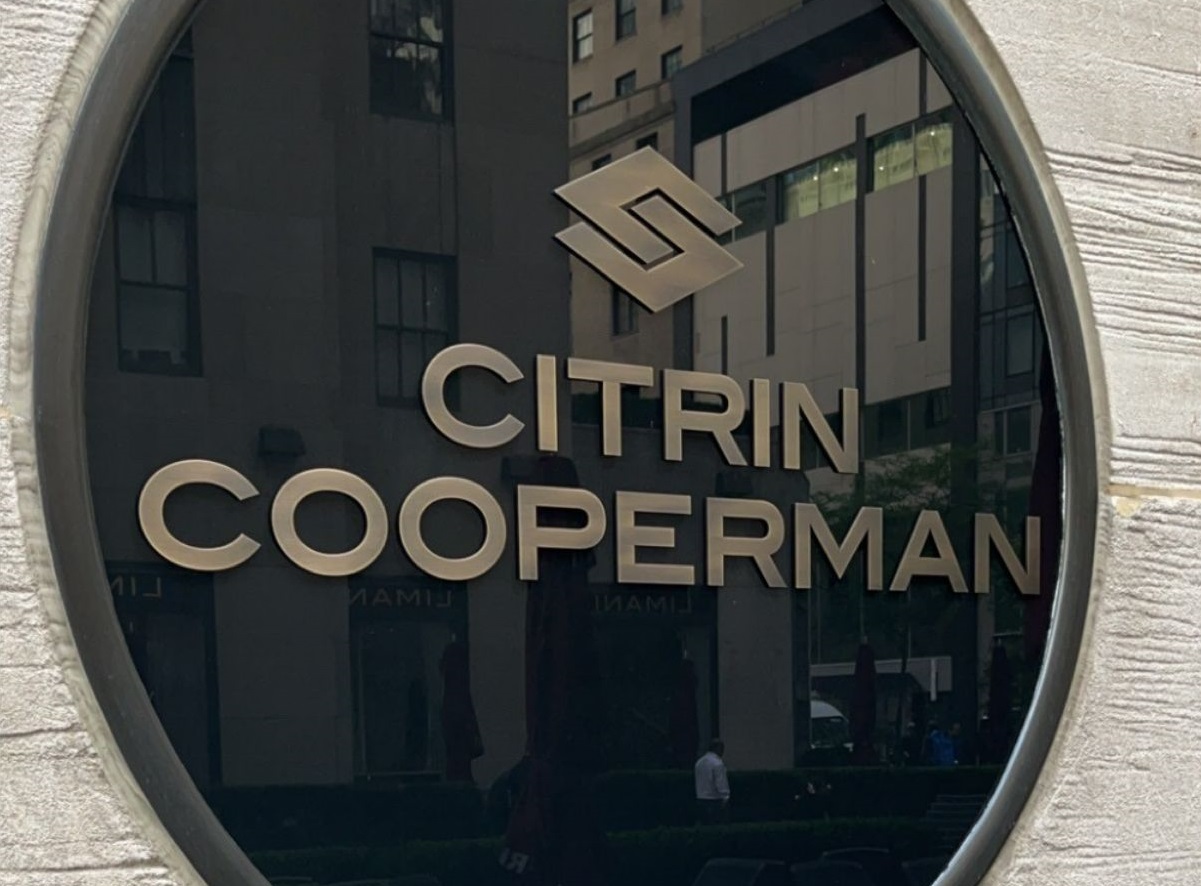Call me naïve if you must, but I grew up in the Midwest where there’s a lot of trust. We smile and say hello when we pass strangers on the street, we expect people to have good manners and are rarely disappointed, we ask each other personal questions because we genuinely care about learning about each other and sharing experiences, and we stop and help if someone needs a hand.
And so it’s no surprise to me when I go to buy my corn and tomatoes at the local farm stand, that no one tends the stand. The farmer picks the produce each morning and places it out on the tables and then goes back to working his fields. From morning to dusk people drive or walk to the stand, choose whatever delicious produce they want to take home with them, and leave money. There are signs telling us that the corn is $3 for a half dozen ears and $5 for a dozen, and there’s a scale if we need to weigh because tomatoes are priced by the pound. There’s a metal box with a slot in the top where we deposit large bills, but if we need change, there’s another box of coins and small bills where we can take the appropriate amount of change. It’s called the honor system.
As we move into a new era of remote employees, that honor system is going to be put to the test in a much bigger way, and it will probably take a bit of a beating as we find the best methods of exercising trust and providing mutual benefits in the 21st century workplace.
On the surface it makes so much fiscal sense for employers not to have to provide office space for every single employee, and for workers to be able to avoid lengthy and expensive commutes when their work doesn’t require in-person collaboration.
In reality, there will be employers who will never be able to let go of the reins and trust employees to do the job when they are not being watched, and there will be employees who shouldn’t be trusted and who will game the system in many creative and yet-to-be-determined ways. But those issues already exist in the physical workspace. Who hasn’t known an employer who constantly looks over the shoulders of workers who would do a better job if they weren’t being micro-managed, or an employee who takes improper shortcuts or crafts the job so that co-workers carry more than their share of the workload?
That honor system isn’t going to work for everyone, just as the make-your-own-change cash box might not stay full for long on a street corner in a big city where random people could just walk by and reach in for a handful of money without being watched. The key is accepting that there is not a one-system-fits-all solution and finding the right mix of tomatoes and corn and a cash box and loose change in your own business world.
Thanks for reading CPA Practice Advisor!
Subscribe Already registered? Log In
Need more information? Read the FAQs
Tags: Firm Management, Payroll




